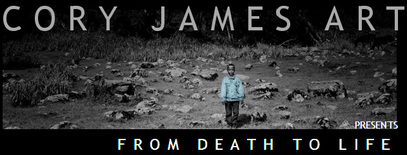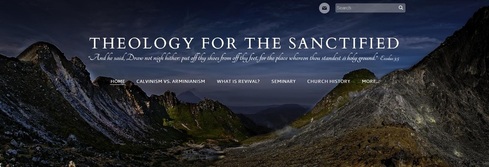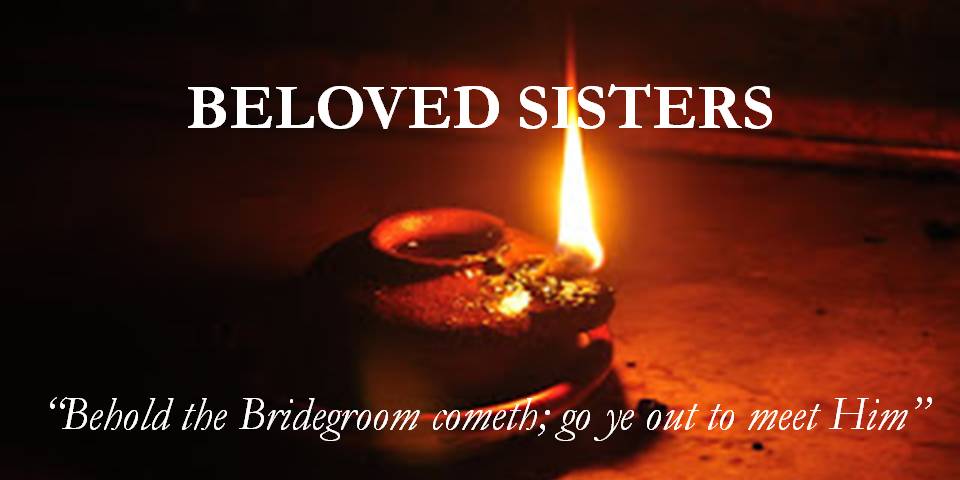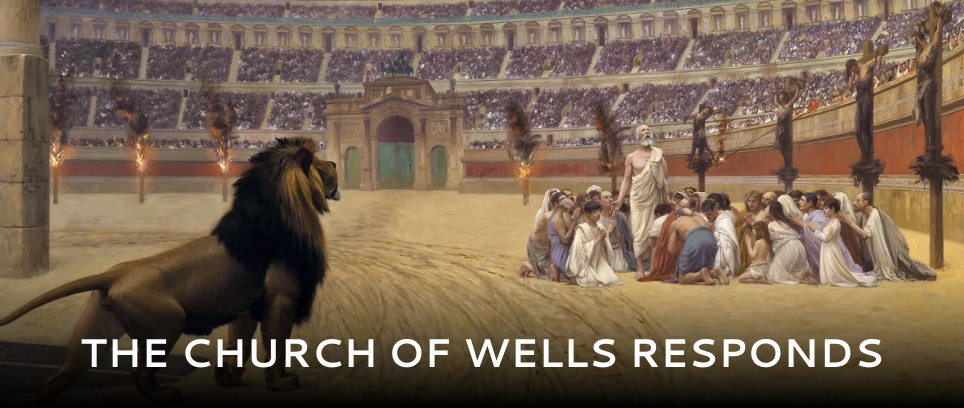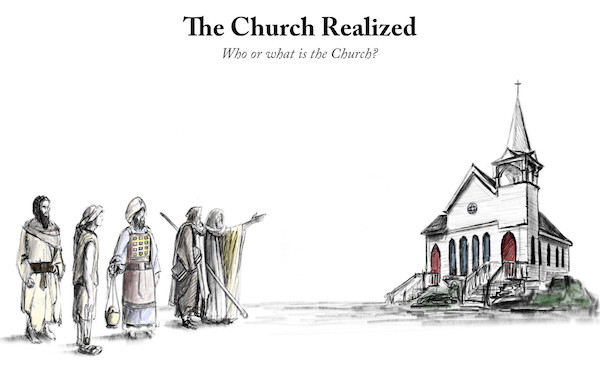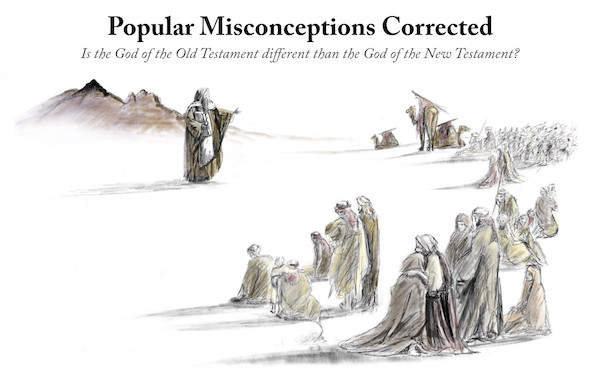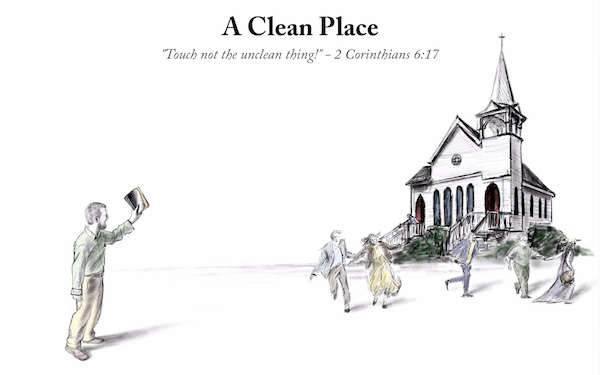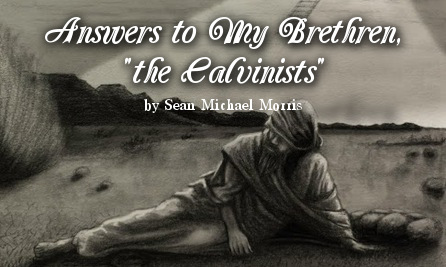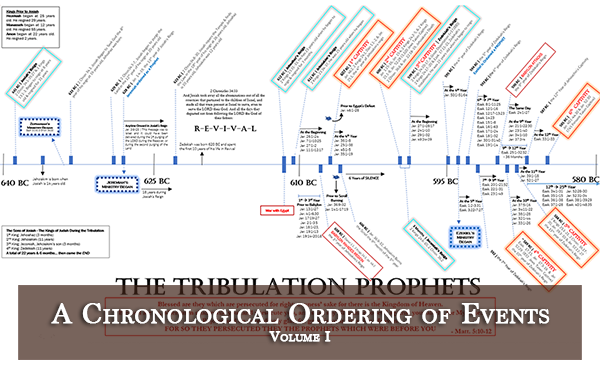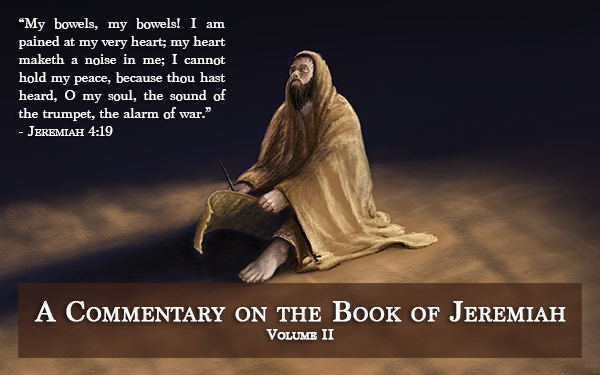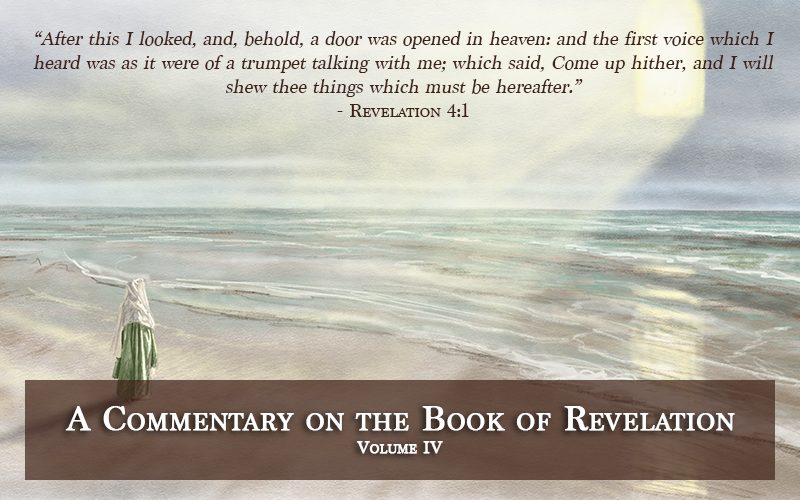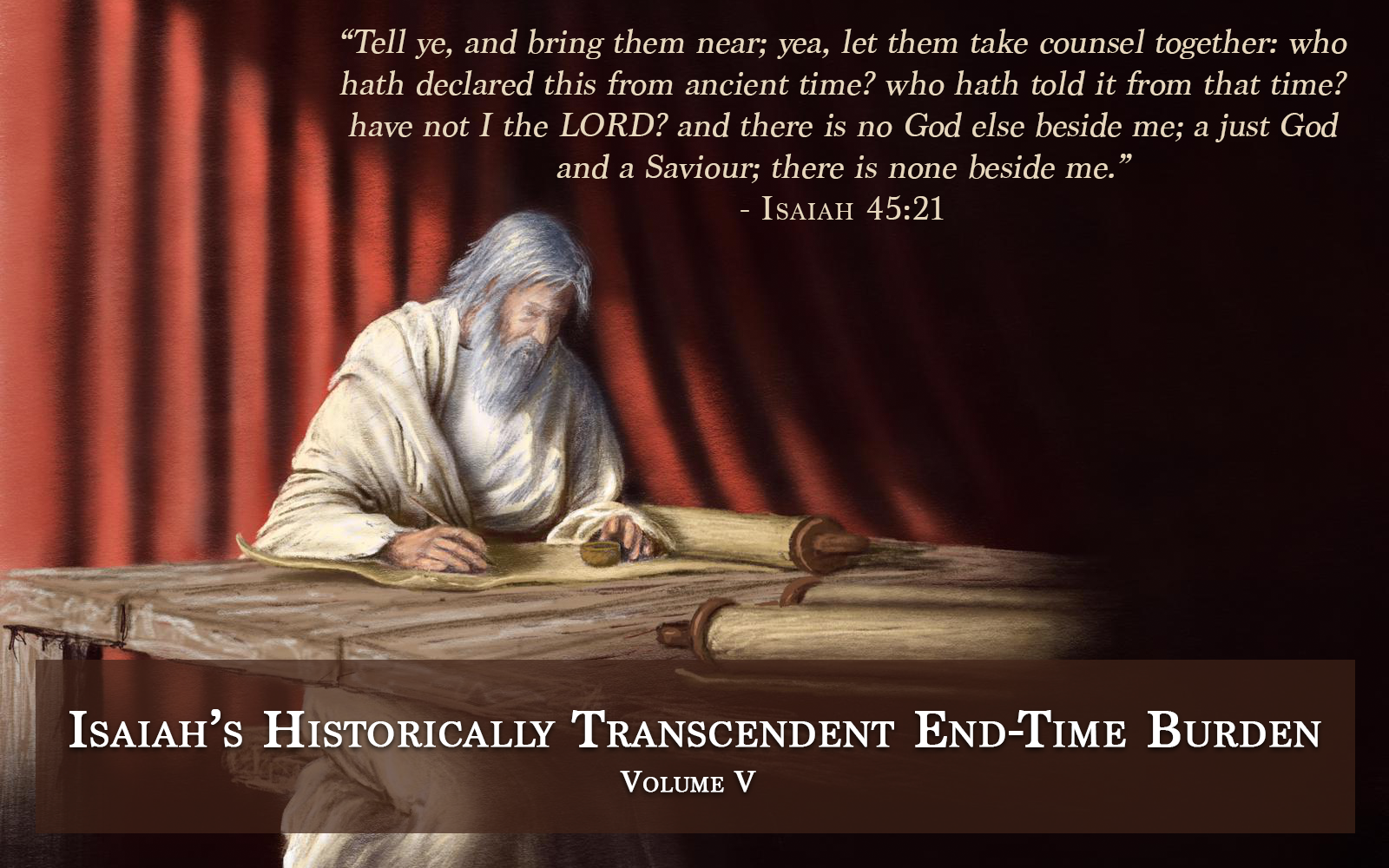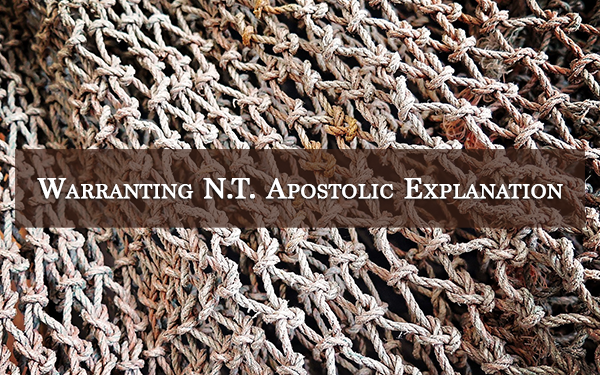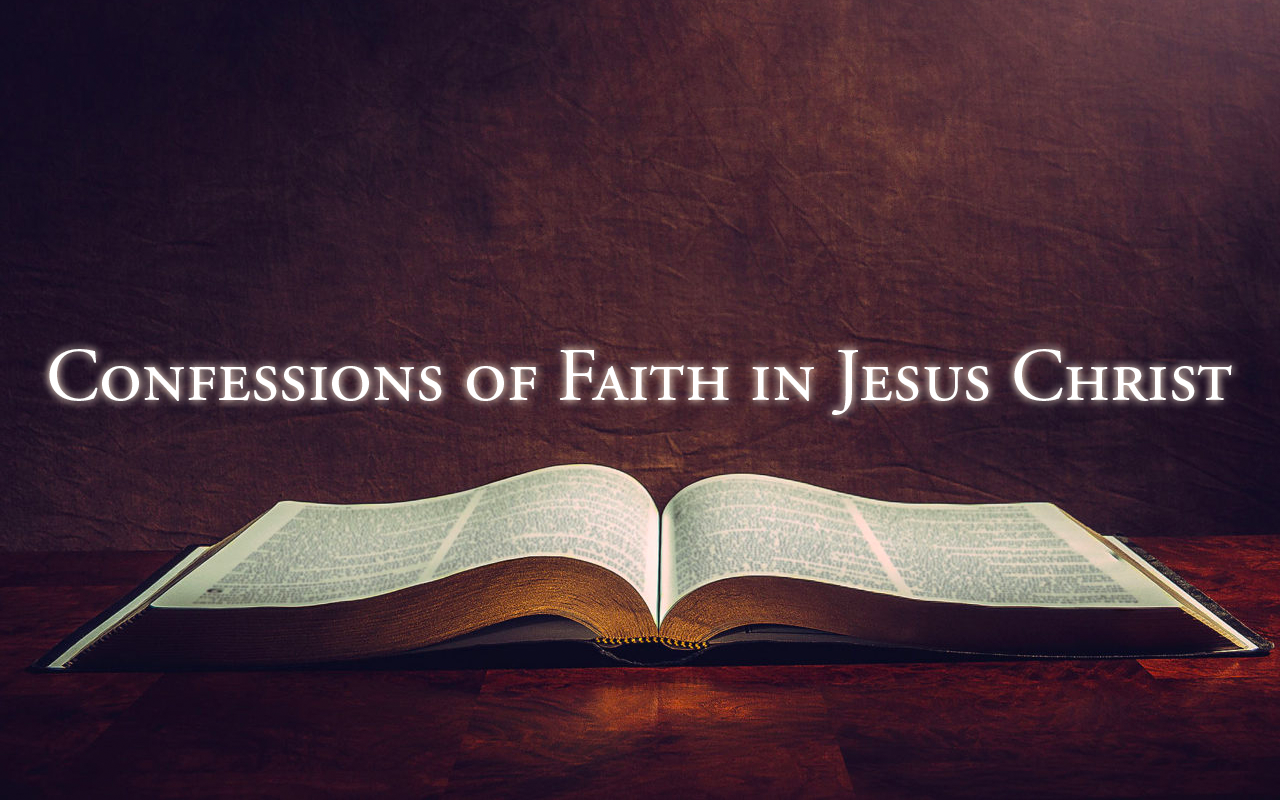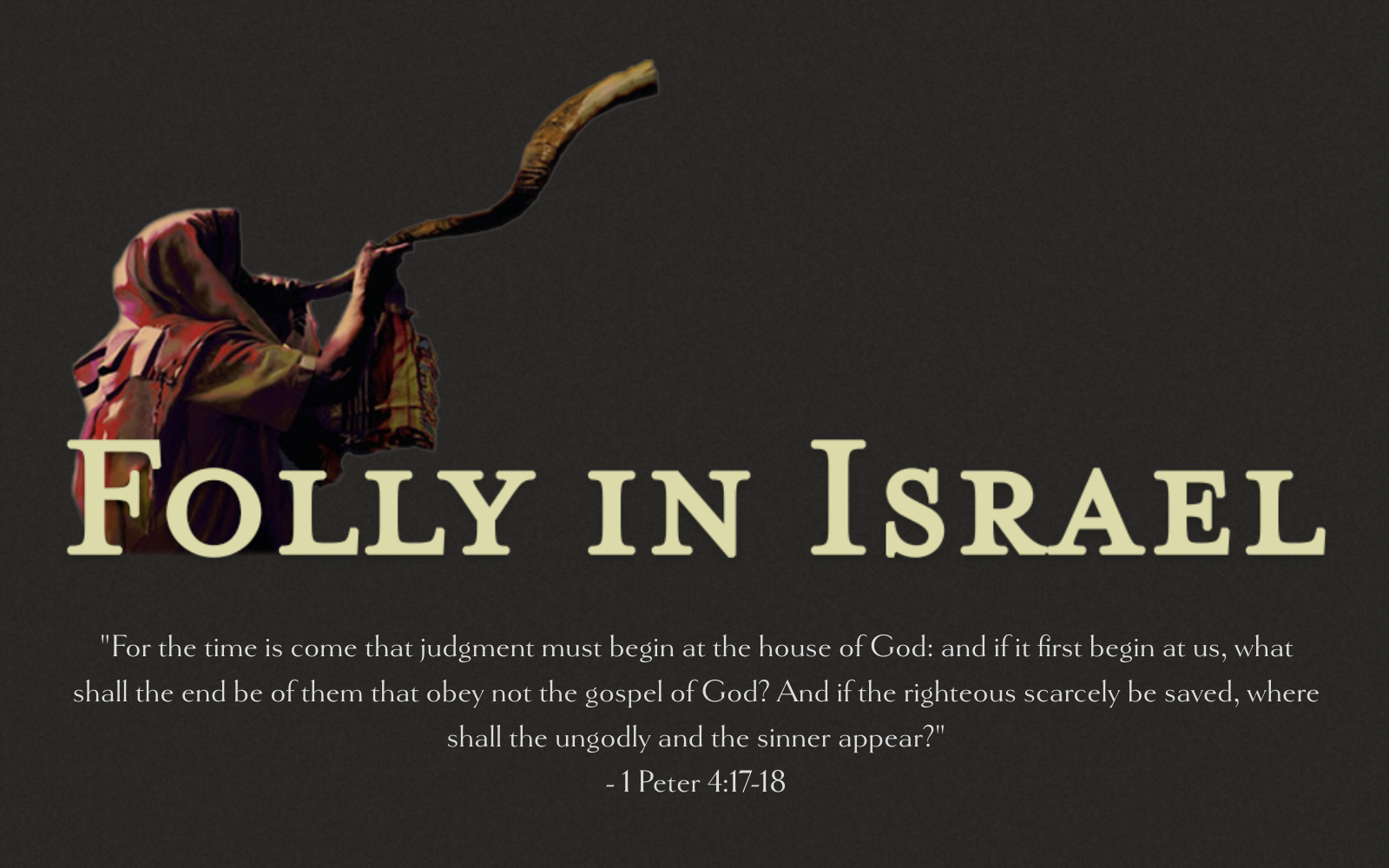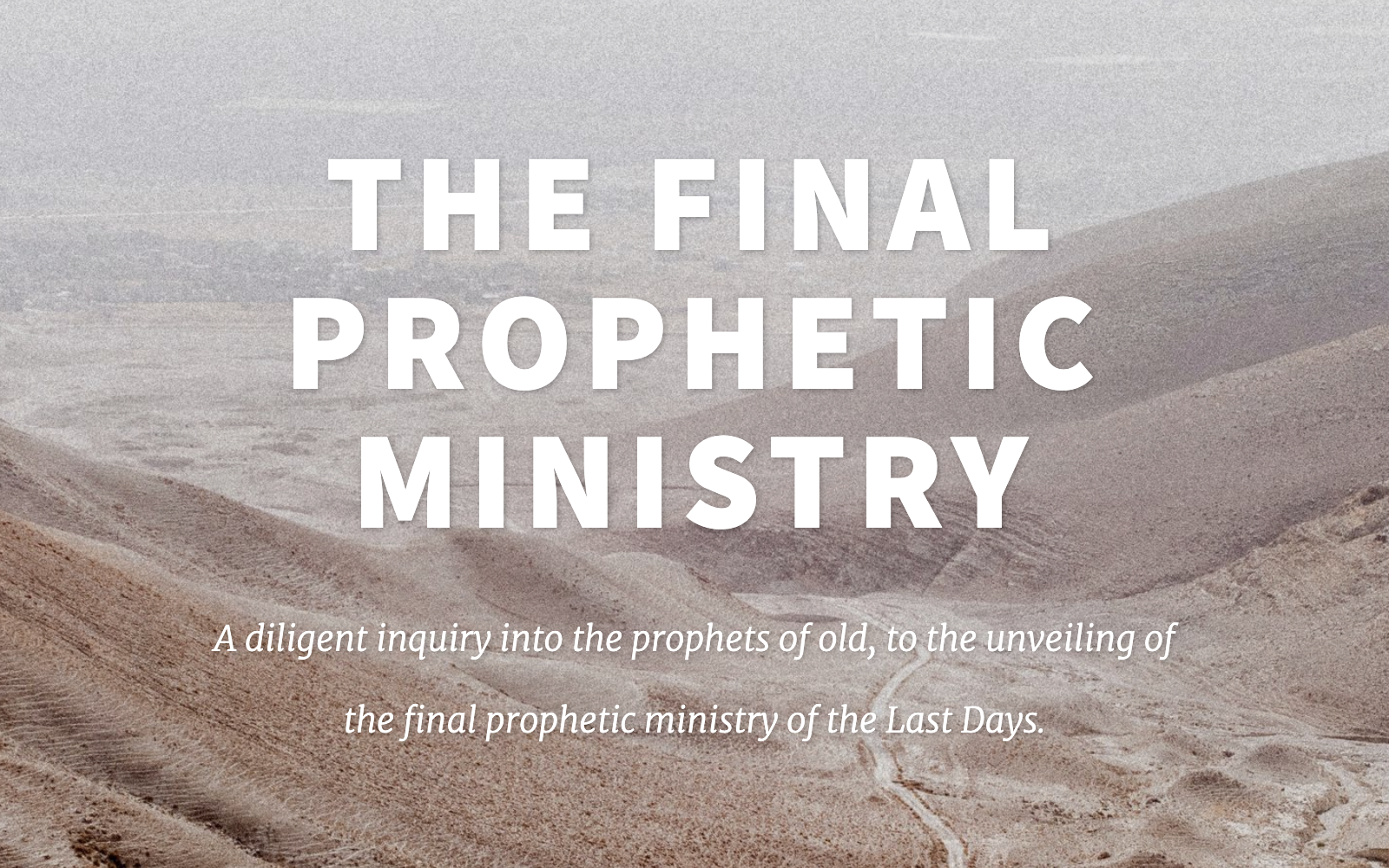Our Manifesto
 *DOWNLOAD
*DOWNLOAD
In this hour of general apostasy – when the brethren of our Lord (on every hand) are committing themselves in unholy unions with infidels, when the table of the Lord is turned into the table of devils and the temple of God to a house of idols, when pastors, churches and professors define (and approve of) salvation and church behavior different from the book of Acts and the epistles of the New Testament, when there is more leaven in the church than there is sincerity and truth, when the faithful are scattered upon the desolate hills of hopelessness as sheep without a shepherd, when the wicked lift their unholy hands in our assemblies to praise a holy God, and no one thinks twice, no one considers their way – in this hour, I say, it is meet for those whom God has risen up as salt and light, so to salt the corruptions of their generation, and to turn the lights on in that great bedroom of adulteries (i.e. the professing church), if perhaps God would be pleased indeed to stem the tide, seal the breach, and resurrect His standard of righteousness which has long lain without a Church to bear it.
Having thus set ourselves against so much of that dead body of so called “orthodoxy”, and, “divinity”, we thought it meet to manifest our stance, in no uncertain terms, that he which readeth “may run that readeth it” (Hab. 2:2). Let no man think a trifle what God deems a matter of moment, and let no man make a mole hill of what God calls a mountain. The hill we stand upon to defend in the following Manifesto is the hill we have resolved to win, or to die upon. The following articles which we have, all of us, without exception, subscribed to, bear sway upon the eternal welfare of the soul, and the immediate state of Christ’s mystical body: the Church. When a child is reared all his days in the shadow of darkness, then at last is brought to see light, he finds not only is it good, and exciting to his senses, but that it is vitally necessary to the furtherance of life. You who are wise know the application.
These truths we hold to be self-evident, and most boldly alleged in our Testament, and without controversy among the saints of God in light. If one consents not to these truths as of yet, we believe, as ever he is a child of God, they shall be revealed (though not without proper light and reasoning), and if not, how can we but fear the words of Isaiah: “To the law and to the testimony: if they speak not according to this word, it is because there is no light in them” (Isa. 8:20). If we see not eye-to-eye in these declarations it is not the beam in our eye, dear reader, but thine that is the issue.
May the Lord assist you now to have an eye that sees deeper than the surface. My words are purposely brief, but they are not shallow. You will not discover the pearl by skimming the sea foam, but by diving deep below the ocean’s skin. And remember, it is not always the barrage, but often the single bullet, that deals the mortal wound. May God grant the reader grace now, as he surveys our articles, and grant that your eyes be enlightened by a little of our honey, in this day when the commandments of men have stopped the mouth at the comb (see I Sam. 14:24-46)!
|
I. It is manifest, that all men are born so fallen from that gracious state of our first parents, that they are utterly void of any of those faculties of grace necessary for salvation (i.e. repentance, understanding of the words of God, humility, heart contrition over sin, etc.), and cannot but remain in this condition apart from a supernatural drawing of God, coming to fruition in the regenerating power of God which enables a man to believe (viz. Jer. 13:23; 31:18,19; Matt. 11:25-27; 16:17; John 3:3,5; 6:44, 63, 65; II Cor. 7:10,11; Col. 2:12; Tit. 3:3-5, etc.). Thus God is glorified in the salvation of man’s soul absolutely, and the man can only attribute his good to the special working of God upon his soul, and has nothing whereof he may glory, but sings only of the sovereign grace of a loving God (Rom. 11:36; Eph. 2:4-9).
II. This also is manifest, that, not only is grace the gift of God, but so also is faith. This is that which Paul so often sets over against works, and thus must be concluded to be what he is declaring to be the “gift of God” in the second chapter of Ephesians, verse 8 and 9. This is evident also in the Words of Paul to the Hebrews, where he declares Jesus to be “the Author and Finisher of our faith” (12:2). Salvation is, from first to last, of the Lord (viz. Psa. 3:8; Jon. 2:9; Rev. 7:10; 19:1). This is not something that can be manufactured down the center isle of our churches, or manipulated at the altar of church or home, but is a miracle work – a mysterious work – of a sovereign God, who has said, “I will have mercy on whom I will have mercy” (Rom. 9:15). “So then it is not of him that willeth, nor of him that runneth, but of God that sheweth mercy” (Rom. 9:16). Thus God saves us, and not we ourselves; and we are not made willing till he has exercised a will towards us, to save us (Psa. 110:3; Jas. 1:18). III. It is manifest that, salvation can only be obtained by calling upon the name of the Lord Jesus Christ (Rom. 10:13). For a man to say that Christ is his Saviour and not his Lord, is, therefore, an impossibility. Salvation is, firstly, a salvation from the cause and not the effect – from sin and not from hell. Does Christ save us from hell? Yes, we say, as much as he has saved us from sin! We have a generation of church-goers who have made Jesus Christ their Saviour and are awaiting a more convenient season to make him their Lord, but this cannot be so. If he is not ruling and reigning as King of kings in our hearts then we have missed the boat, and the Kingdom of God. There are no rebels allowed in this kingdom, only loyal subjects (viz. Psa. 2:12; 110:3; Acts 2:36; 17:30; Rom. 14:9; Php. 2:9-11). Thus the pervading ideas of our day that teach men that God does not command, yea demand, an absolute surrender to his will and reign in their lives, we condemn to be false and heretical, and are leading men, not to salvation, but to a carnal-security while yet rebels to our Majestic King Jesus. IV. It is manifest, that salvation is more than an event that happens in the beginning of the Christian’s walk with God. If the Christian is not perpetually being saved from their sins, and continuing down the narrow way that leads to life – the way of holiness – then that man should not expect to finally be saved when he stands, at last, before the judgment seat of Christ (Isa. 35:8; Matt. 7:13,14; 10:22; II Pet. 1:10,11). The doctrine which makes men secure while in a state of guiltiness and blame before God, is a damnable doctrine, and leading many droves headlong in their presumption to perdition. This doctrine is not the pure doctrine of Christ, or that which genders to godliness, but is the devils doctrine and is turning the grace of our God into lasciviousness at every turn. For a man to believe himself in an eternal state of security (believing it an impossibility to fall from grace) while in this vile body of death, while sin and temptations still so easily beset him, is not only irrational but dangerous. Do we trust the Lord to keep us from falling? We know no other way to keep from falling! Do we hope against hope? We see no other way to keep from hopeless despair! But does fearing lest we fall into insecurity through our own sin keep us from believing? We say no, but on the contrary, for when the devil says, “Thou shalt not surely die,” we join hands in agreement with God, for we know all too well the warnings he has left us in his word, and thus we run, as for our very lives, to him who is able to keep us from falling (Gen. 2:17; 3:4; Matt. 4:5-7; Jude 21,24). Not only does reason witness to the danger of such thoughts of presumption, but the very language of the Holy Ghost in the New Testament is still plainer. The Spirit of God would seek to warn, and wake up men in their sins, lest, through an illusion of security, they fall away. Consider how the Spirit speaketh: Col. 1:21-23, “And you… hath he reconciled… to present you holy… if ye continue in the faith grounded and settled, and be not moved away from the hope of the gospel.” Heb. 4:1, “Let us therefore fear, lest, a promise being left us of entering into his rest, any of you should seem to come short of it.” Rom. 11:20,21, “Be not highminded, but fear: for if God spared not the natural branches, take heed lest he also spare not thee.” Gal. 5:4, “Ye are fallen from grace.” Matt. 10:22, “He that endureth to the end shall be saved.” Heb. 3:6,14, “Whose house are we, if we hold fast the confidence and the rejoicing of the hope firm unto the end… for we are made partakers of Christ, if we hold the beginning of our confidence stedfast unto the end.” Heb. 4:11, “Let us labour therefore to enter into that rest, lest any man fall after the same example of unbelief.” (See especially the 2nd and 3rd chapters of Revelation). All these scriptures to name only a few. V. It is also manifest, that God designed and structured his church in a specific order, and he has given us a precedent of how we ought to behave ourselves in His house, namely, the book of Acts and the epistles. The church which Jesus Christ established and which was most pure and undefiled was one wherein were five specific offices, filled by men of the most exemplary lives, without which the church could not “grow up into Christ in all things” (Eph. 4:11-16). The offices God provided for his church were not merely to bring them along their courses comfortably, but to see that they make it to heaven safe and sound, blameless, faultless – to see the church perfected! No wonder that the church is disordered and disarrayed! No wonder unity in the body of Christ is counted as fanciful and romantic! Unity was as common among the church that Christ established as were the rest of the miracles exhibited in the annals of the first century church. We declare that the church for whom Christ died is bound to be of one heart, one spirit, one soul, one mind and of one accord (Zep. 3:9; Acts 4:32; 5:12; Rom. 15:5,6; I Cor. 1:10; II Cor. 13:11; Php. 1:27; 2:2; I Pet. 3:8). In a generation where the very object for which Christ died is mocked and scoffed at – where the highest expression of “love” is when two “agree to disagree” – in such a generation, I say, it is time that a church rise to see this old standard resurrected, and if needs be, as the Lord Jesus Christ, so utter their dying prayer and shed their blood in the establishment of the same (John 17:20-23)! VI. It is manifest, and we maintain, that the church of Jesus Christ is pure, and must be free from the leaven of malice and wickedness (I Cor. 5:7,8). We believe the scriptures could not be clearer on the matter of purity within the church, but recognize that the church’s eye could not be blinder than it is in this present hour. The churches are so full of the world that the truly saved are pressed out of the fold, and scattered upon the hills as sheep without a shepherd. It is a bleak scene indeed in our churches today. They have never been fuller, yet they are empty of that true Spirit which filled every soul in the first church. “Seeker friendly” is an unknown term in the Bible and was thus an unknown practice in the church of the New Testament. In the New Testament church they sought to honor God, and to serve him only, not unconverted man (John 5:44; Gal. 1:10). This meant when God gave the command in I Corinthians 5:11, “Not to keep company, if any man that is called a brother be a fornicator, or covetous, or an idolater, or a railer, or a drunkard, or an extortioner; with such an one no not to eat,” then they would excommunicate all who profess the name of Christ, yet were living in open sin, lest the name of God be blasphemed. This is not culturally acceptable, and we consider this unloving and unreasonable behavior – Jesus ate with the tax collectors and drunkards right? Wrong. Christ only once partook in holy communion and fellowship with a man who was in open rebellion to him (that the scripture might be fulfilled), but this peculiar instance, allowed in God’s sovereignty, does not justify our disobedience to clear New Testament doctrine. As the scripture saith, “Be ye not unequally yoked together with unbelievers: for what fellowship hath righteousness with unrighteousness? and what communion hath light with darkness? and what concord hath Christ with Belial? or what part hath he that believeth with an infidel? And what agreement hath the temple of God with idols? for ye are the temple of the living God” (II Cor. 6:14-16). The house of God is run by his rules, and not by our good intentions, or conceptions of what true love is. If God says not to have Christian fellowship with a man who is living in sin, then his church says amen. Thus when a church fails to comply with these claims of the Lord of the house, Jesus Christ, they are in rebellion to him, whether that be willful or ignorant, and the Spirit of God is grieved for he is a holy Spirit, and cannot abide sin in his presence, as it is written, “Come out from among them, and be ye separate, saith the Lord, and touch not the unclean thing; and I will receive you, and will be a Father unto you, and ye shall be my sons and daughters, saith the Lord Almighty. Having therefore these promises, dearly beloved, let us cleanse ourselves from all filthiness of the flesh and spirit, perfecting holiness in the fear of God” (II Cor. 6:17-7:1). |
Wrest not these words, or fail to properly consider through unlearned questions, but pray if haply God would reveal to thee, our reader, the crucial hour in which we stand, and make you a standard bearer with us in this the cause of our Great God, and Chief Shepherd, the Lord Jesus Christ. Now may God Almighty add his blessing to the above declarations, send peace again in Jerusalem, and conduct all of his people safe into their desired haven, His eternal kingdom.
His Servant ‘Till Death,
Jake Gardner
His Servant ‘Till Death,
Jake Gardner





